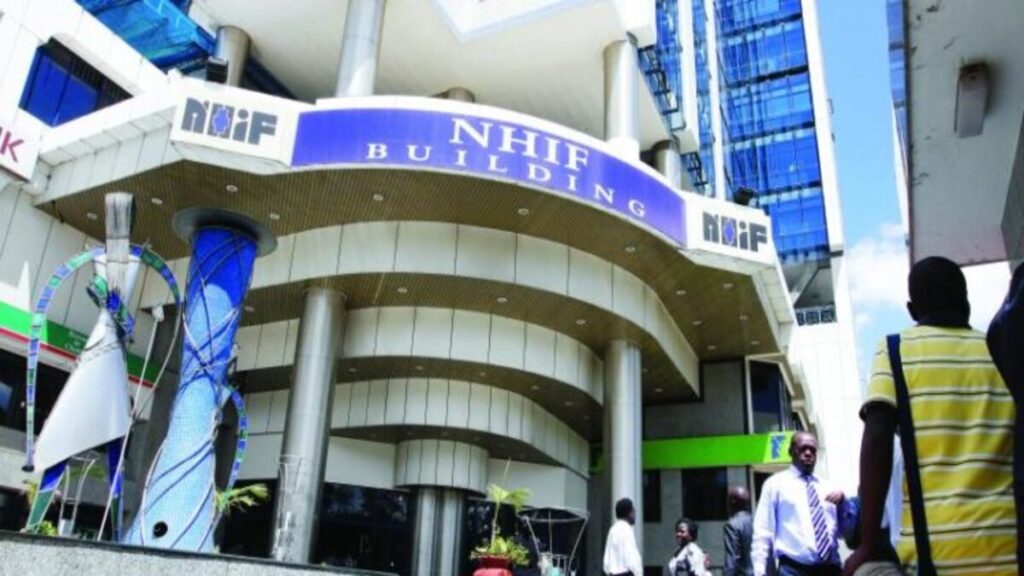Kenyan healthcare workers in the Coast region have raised alarming concerns over the newly implemented Social Health Insurance Fund (SHIF) system. The protest highlights growing tensions between medical practitioners and healthcare administrators.
The Kenya Medical Practitioners, Pharmacists and Dentists Union (KMPDU) reports widespread rejection of the scheme by healthcare facilities. Subsequently, patients face mounting challenges in accessing essential medical services.

Moreover, healthcare facilities are increasingly demanding out-of-pocket payments from patients. This situation has created significant barriers to healthcare access for many Kenyans.
Furthermore, medical professionals describe SHIF as ineffective and burdensome. They argue that the system fails to meet the basic healthcare needs of the population.
Additionally, healthcare workers face serious financial challenges. Many report delayed salary payments, which affects their ability to provide consistent care.
In response to these challenges, union leaders have taken a firm stance. They are actively calling for the reinstatement of the previous National Health Insurance Fund system.
Meanwhile, the impact on patient care continues to worsen. Healthcare facilities struggle to maintain quality services under the new system’s limitations.
Notably, the KMPDU has labeled SHIF a “white elephant.” This term reflects their view of the system as an expensive yet ineffective healthcare solution.
Consequently, medical professionals warn of an impending healthcare crisis. They emphasize that immediate action is necessary to prevent further deterioration of healthcare services.
However, the situation remains unresolved. Healthcare workers continue to voice their concerns while seeking constructive dialogue with authorities.
Therefore, the union’s demands reflect broader systemic issues. They highlight the need for comprehensive healthcare reform that addresses both patient and provider needs.
Nevertheless, medical practitioners remain committed to patient care. They continue providing services despite the challenging circumstances.
Indeed, the situation has revealed significant gaps in healthcare policy implementation. It demonstrates the importance of consulting healthcare workers in system reforms.
Similarly, patients express growing concern about healthcare accessibility. Many worry about the increasing financial burden of medical care under SHIF.
Yet, healthcare workers maintain hope for positive change. They believe that returning to the previous system could help stabilize healthcare delivery.
Subsequently, the KMPDU continues to advocate for better healthcare solutions. They emphasize the need for systems that benefit both providers and patients.
Ultimately, the crisis highlights the complex challenges facing Kenya’s healthcare system. It underscores the importance of developing sustainable healthcare solutions.
Finally, stakeholders await government response to these concerns. The future of Kenya’s healthcare system hangs in the balance as discussions continue.
















